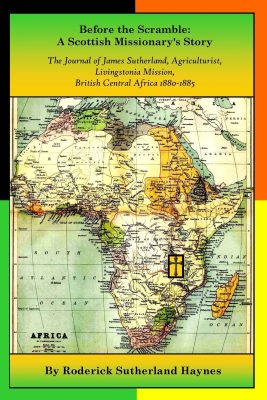|
Listen to or download this article:
|
The Boy Who Wrote Poetry is a heartwarming and inspirational work about Mark Ford, a promising young poet and writer who died a tragic and premature death at the age of eighteen. This collection is the poetry he left behind.
Judy Taylor, Mark’s sister and the author of the book, tells the story of her brother’s short life and their family, the circumstances in which he grew up, and how he began to express his creativity at a very young age. The examples of Mark’s poetry and general writings that the author presents are remarkable and moving. Considering the tender age at which Mark wrote the poetry, the sophistication and insight revealed in the work are astonishing.
Despite the sometimes perplexing narration and lack of photograph captions, leading to confusion about who’s who in the images presented, the pictures of the family growing throughout the years give a touching clue to the close-knit family and the seven children, of whom Mark was the eldest and the author, his sister Judy, was the youngest. The photos, even without clarity on which child is which (the glasses at least make clear which is Mark Ford), make for warm reminiscences and give a clue to how the young poet lived and grew.
What is of particular note is the degree to which the self-awareness is evident in Mark’s work. “Please excuse the misspelled words,” he requests in the introduction to a collection of his poetry. “It was meaning, not grammar I strove (and am still striving) for.”
There are glimpses of what kind of storyteller that Mark would have developed into with offerings like “What do you use/To keep out the night? Try to conceal/Your delicate fright. Don’t call for help/For nothing is worse/Than wounded dignity/Innerness unhorsed.” A little trepidation, a little humor.
Mark, according to the author, went through phases including fantasy (in particular The Lord of the Rings trilogy by J.R.R. Tolkien) and Bob Dylan’s work, and produced imagery that reflects the prose of the time:
What changes in a day?
What makes the sky so grey?
What takes the wind and makes it so alone?
What breaks the earth and scatters senseless stone?
On the horizon, the bare brown
Horizon, glowing with the last of life,
Glowing with the last of life.
What changes in a week?
What makes it easier to speak
The words I should have said but could not say
And now that day has joined the past days
Littered in a pile.
A useless pile of days.
A useless pile of days.
A lightning tears the sky in two.
Another moment it is through
And sky is whole.
Beating down your wincing brow
The rains betray your wisdom now.
Alone the storm.
You, your trials, disappear
For who will equal or compare
Its tear-born ire?
The weeping storm screams out aloud.
Its tears are naked, bare and proud,
Anew for each departed leaf.
The sky lays down and cries its grief.
Not only that, more than a bit of insight amid the darkness, in his final poem before his death:
Guilt drops hawklike on suspecting man
And plummets toward his silent, secret sin.
The soul is pierced in vain; no talon can
Remove the stain when it is held within.
The grace of God, when sought, can dull
The beak and claws of guilt. A man can pray
And ease the burden in a heart too full
To bear, although the pangs of failure stay;
For God is God above us all and draws
Us up to Him, but man is man and shall
Persist in needing comrades in the pause
Between the ultimate rise and the ultimate fall.
God’s gifts uplift, but cannot be compared
In saving strength to sadness equally shared.
Mark Ford’s poetry and creative writing, the focus of the piece, were truly outstanding, and his early demise heartbreaking.











Leave A Comment